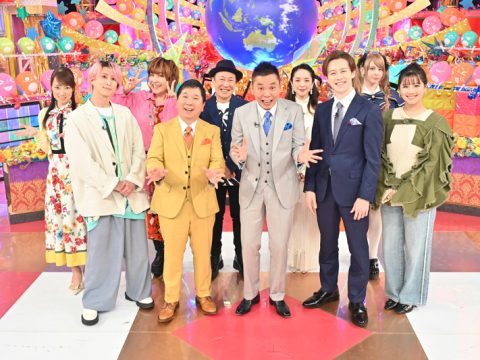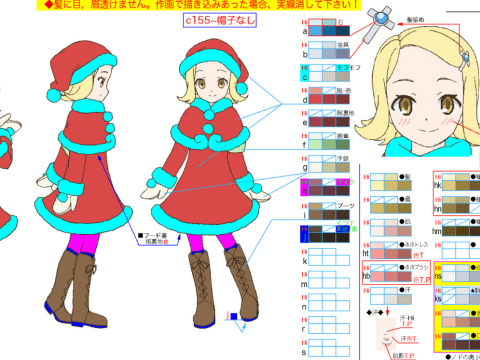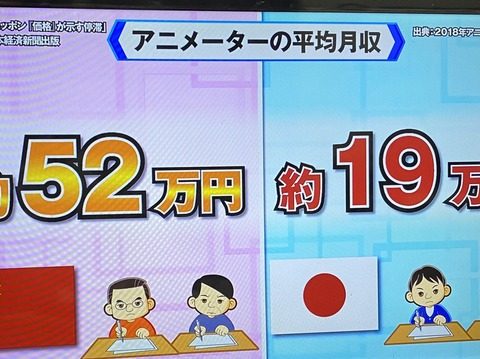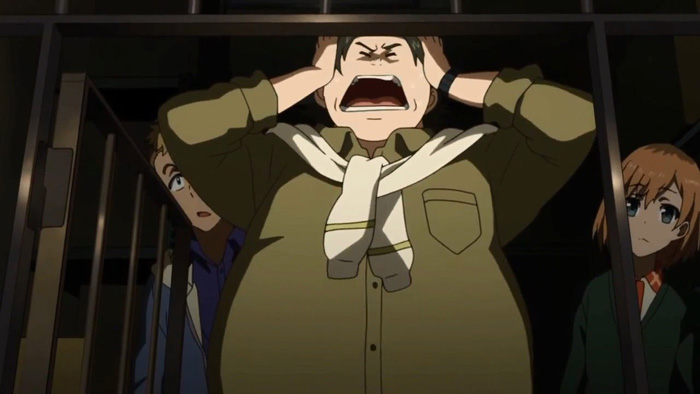
The current season of anime has seen an above-average number of shows (Long Riders and Brave Witches, to name just two) that have had to delay the broadcast of at least one episode because of production problems. The problem caught the attention of Yahoo Japan’s entertainment section, who decided to dive into the problem with the help of two anime professionals.
The two folks interviewed, veteran animation director Akiharu Ishii (Blood+, Prince of Tennis) and an animation runner who asked to remain anonymous, identified several causes for the ever-increasing delays:
Despite (or perhaps because of) advances in technology, the production process has became more complicated. Specifically, Ishii cited advances in character design and movement, background detail, and special effects that have “raised the bar on the quality viewers expect.” He also explained that in order to get voice recording done on schedule, production teams must create a rough version of the episode for the voice actors.
“Meaning they basically have to animate the episode twice,” said the animation runner.
“There’s a lot of waste in anime production,” continued Ishii, “if some of that waste is reduced, animators could get paid more.”
Some series run late from the onset. Ishii mentioned that some series are announced suddenly, or with unrealistic start dates, meaning that the production of the entire series amounts to the production team trying to play catch-up.
There aren’t enough animators to go around. As followers of our industry coverage know, this is one of the industry’s most pressing issues. Freelance animators are constantly working on multiple series at once, which results in delays when they can’t finish work on time.
A lack of animators also forces studios to farm out work to subcontractors, added the anonymous runner, which can lead to poor-quality work that needs to be corrected, again leading to delays.
With those main causes identified, the two industry professionals touched on a range of issues relating to broadcast delays, including:
Production companies can face huge, bankruptcy-causing fines from broadcasters for delaying an episode. However, they often don’t, said Ishii, because it can be hard to discern who is ultimately responsible for the delay. Other times, when an anime is produced by a so-called production committee (several companies pooling their funds to create a series) the fine, like profits, is diffused across the companies, reducing the sting.
Animators usually aren’t held responsible for delays, because (1) they’re so in-demand, if you get angry at them, they’ll simply stop working for you and (2) most contracts with freelance animators are verbal, so it would be difficult to pursue legally.
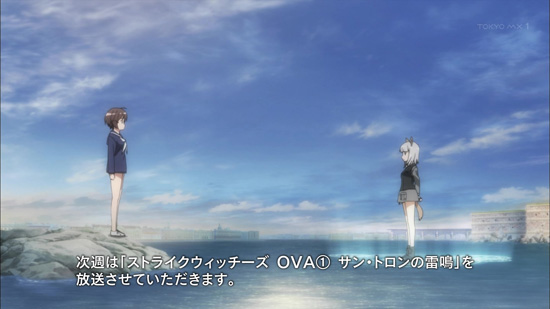 An episode of Brave Witches was also delayed this season.
An episode of Brave Witches was also delayed this season.It took Ishii himself two years as a professional animator to earn enough money to live on. Akiharu Ishii is a well-respected animation director with over 30 years in the industry, but most young animators, his initial steps into the business didn’t exactly make him rich. When he started, he made about $100 a month and had to ask his parents for an allowance.
Some numbers: The budget for an average episode of anime is ¥35 million ($350,000). For a series to be profitable, series must sell a bare minimum of 2,000 to 3,000 DVDs/BDs. 10,000 is considered “good.”
The biggest problem facing the industry now, according to both interviewees: lack of training. The runner notes that some animation colleges do a poor job of training their graduates to handle actual industry work, to the point where some can’t even trace. Ishii notes some studios aren’t much better, with no money or time to spend training their new employees.
Some sobering analysis of the state of the industry, but as they say, the first step to solving problems is to identify them, so cheers to all those involved in this article.
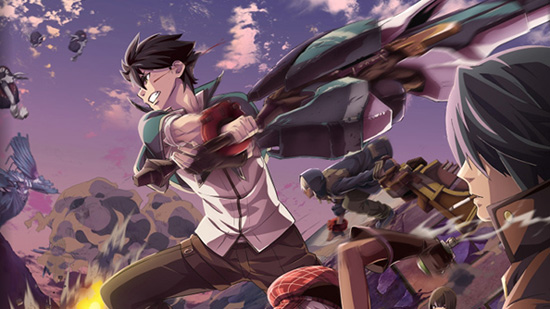 God Eater faced multiple delays until finally wrapping up this year.
God Eater faced multiple delays until finally wrapping up this year.Source: Yahoo Japan




